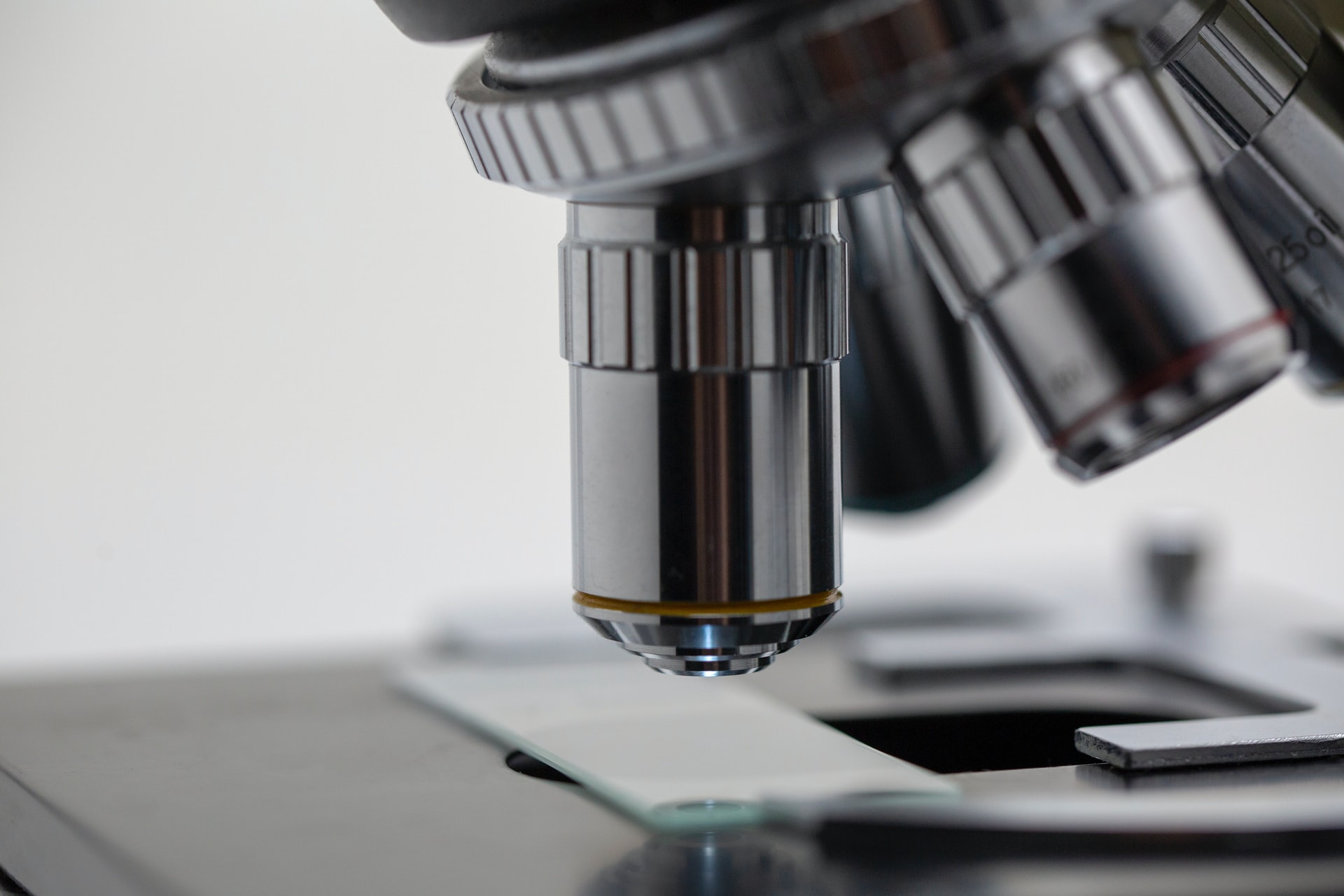The transition from academia to industry has brought with it a variety of new experiences, such as enjoying a free functioning coffee machine in your workplace, people caring what time you turn up for work, and worrying about how the business is going to make money. I’ve found the last one particularly interesting.
Science is a cycle of hypothesis forming and breaking. According to the philosopher Karl Popper, we should be trying to state our beliefs and then falsify them. This isn’t how science actually happens, because the livelihood of the researchers in question depends upon them not proving their own ideas to be incorrect (showing other peoples’ ideas to be incorrect can also be a risky business). Thankfully, people are starting to think more about these misaligned incentives, and the burgeoning Open Science movement is starting to address our wonky system.
But the basic idea still holds: we have an idea about how nature works, based upon existing knowledge. We bandy this about with our colleagues for a while, and if enough people think it makes sense, we try and test it. Nature, being a cruel mistress, often doesn’t behave as expected. We’re often close, but not quite right; the experiment throws up some unexpected results, or people end up doing the task in a slightly different way to expected. This requires us to revise our beliefs, alter our hypothesis slightly, and have another crack. Sometimes we end up barking up the wrong tree, but by and large this process nudges the frontiers of human knowledge ever outwards, and brings us nice things like new drugs, cleaner energy, and driverless cars.
I’ve come to think of business, or at least startups, in basically the same way. The analogy unfolds like this: an entrepreneur has an idea about something that might make money. This is essentially an hypothesis: if I do X then Y will occur. A venture capitalist agrees that this seems like a reasonable idea, and gives the entrepreneur some cash to test it. Just as with science, our first guess often isn’t quite right. But if we’re switched on, we can learn enough from the experience to revise our hypothesis and go again. In this manner, Pinterest morphed from a price-tracking app to a curation tool, Android moved from a smart camera network to being on 40% of the world’s smartphones, and Youtube went from an online dating system (yes, really) to the world’s largest repository of video. In startup terms, this iterative process by which we improve on our first guess is called achieving Product Market Fit. In science it’s called… well… doing science.
There’s an interesting twist when it comes to business. In science, no matter how beautiful or compelling your hypothesis, it can’t actually change nature. Everybody can agree it’s a swell idea, but if that’s not how nature works, that’s that*. The fascinating thing about business is that the market isn’t really like nature at all. It’s made of the whims and fancies of billions of people. This produces a couple of phenomena which are foreign to students of science.
The first is that the existence of the hypothesis can change the market. When Apple launched the iPad, various parties confidently declared that customers didn’t need another device and wouldn’t buy one. Within a couple of years, Apple and the gang were selling 200 million tablets a year. Merely by existing, the iPad completely changed the market. I think this is one of the very exciting things about working in startups; the scope for creating things that change the world that we live in [of course, scientific discoveries change the world too].
The second is that whether your hypothesis turns out to be good or bad – whether your business sinks or floats – depends upon time. What’s true this year might not be true in two years time. In the mid-2000’s, various clean tech startups blossomed amidst widepread optimism about solar and a bullish investment scene. The 2008 bust crushed hopes of a green energy revolution. What was a good idea in 2006 would have been a hopeless one in 2008. Now the tide seems to be turning again as optimism begins to swell once more, so it might be a good idea again. Conversely, in biology we can be fairly sure that the thing we’re studying isn’t going to change faster than evolution (of course, in orgainsms with very short life cycles, this can be rather rapidly).
Finally: there are certain personal qualities that seem very useful both in science and in business. Of course, there are lots of examples of people who have excelled at both. Benjamin Franklin discovered how lightning worked and suceeded in setting up the first newspaper company (oh, and helped found America whilst he was at it).

I always felt that one of the hardest things in science was determining when to stick with a hypothesis or dataset that was looking increasingly fruitless, and when to pack it in. Persevere too long and you’re perseverating; give up too quickly and you’re flaking. The same is surely true in business; Elon Musk almost went bankrupt, put it all on the line, and now everybody thinks he’s a god. Countless other people we’ve never heard of almost went bankrupt, put it all on the line, and then actually went bankrupt. Which brings us to a final commonality between business and science: luck.
*I’m oversimplifying a bit here, because consensus in science is still shaped by the opinions of humans. Science too suffers from fashions, politics, and social dynamics. One effect of this is that really attractive ideas need much less empirical support than unattractive ones. In my own field, one example is the idea that pupil diameter tracked noradrenergic activity, which was a terribly convenient thing for people to believe due to the difficulty of actually recording from noradrenergic neurons. Another example might be the idea that depression is caused by a serotonin deficiency.
